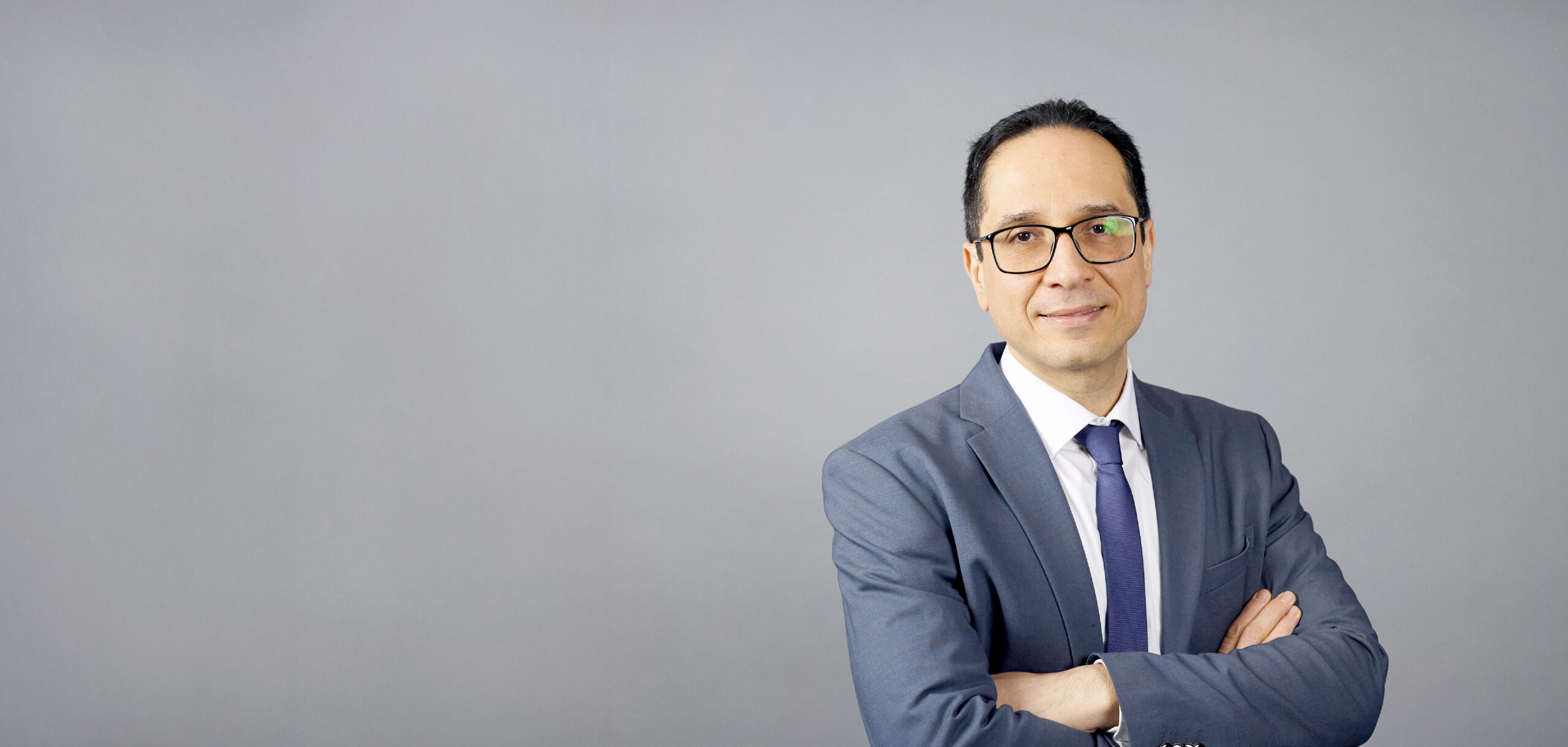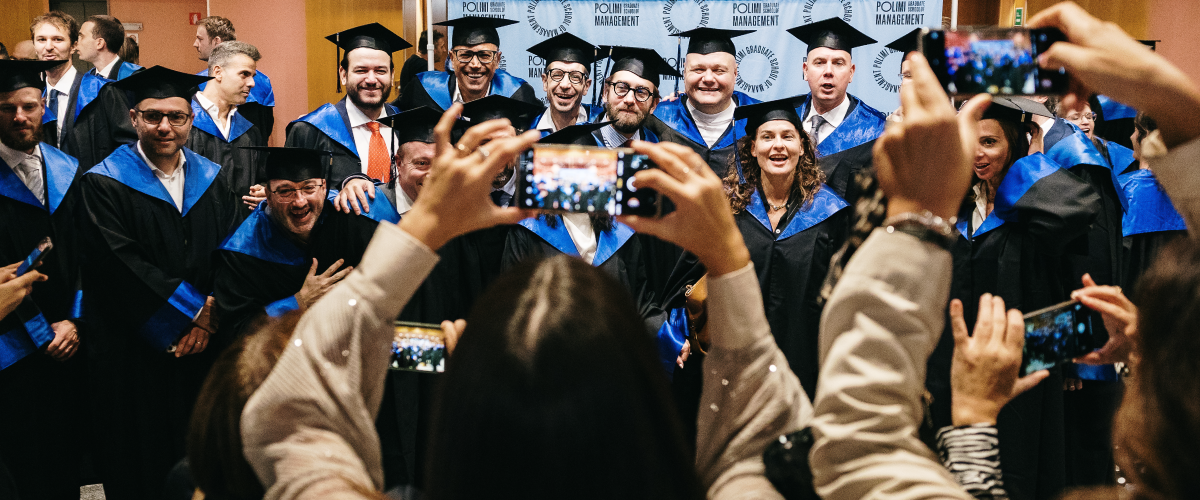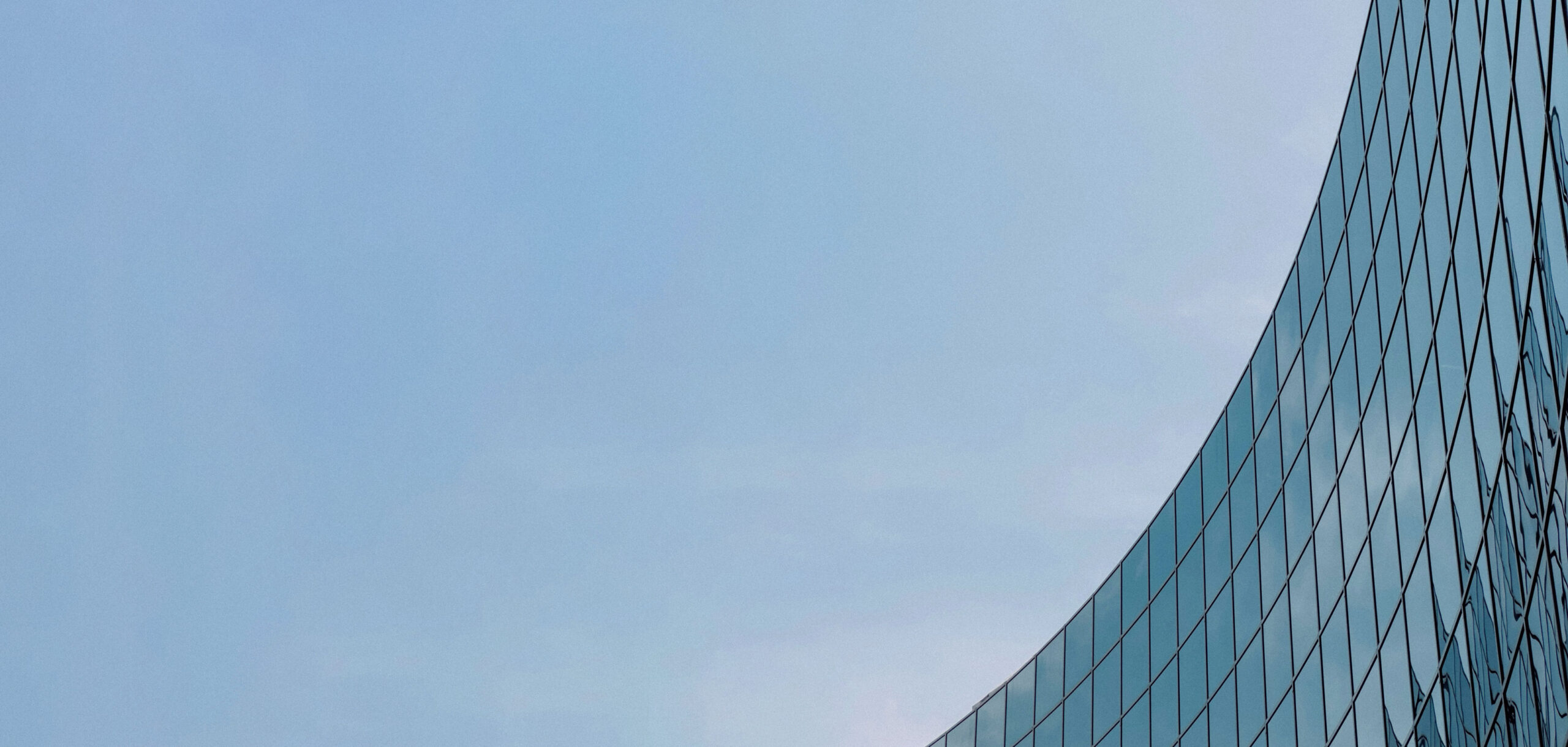

Award | 30 Jul
Education and Policy: The XXXIII AEDE Meeting, held at the...
David Heller, researcher at the POLIMI School of Management of the Politecnico di Milano, was...
Read
Research | 24 Jul
The representation of scientists in society: an image still dominated...
A scoping review published in Sociology Lens analyzes over one hundred academic studies, highlighting how the collective...
Read





